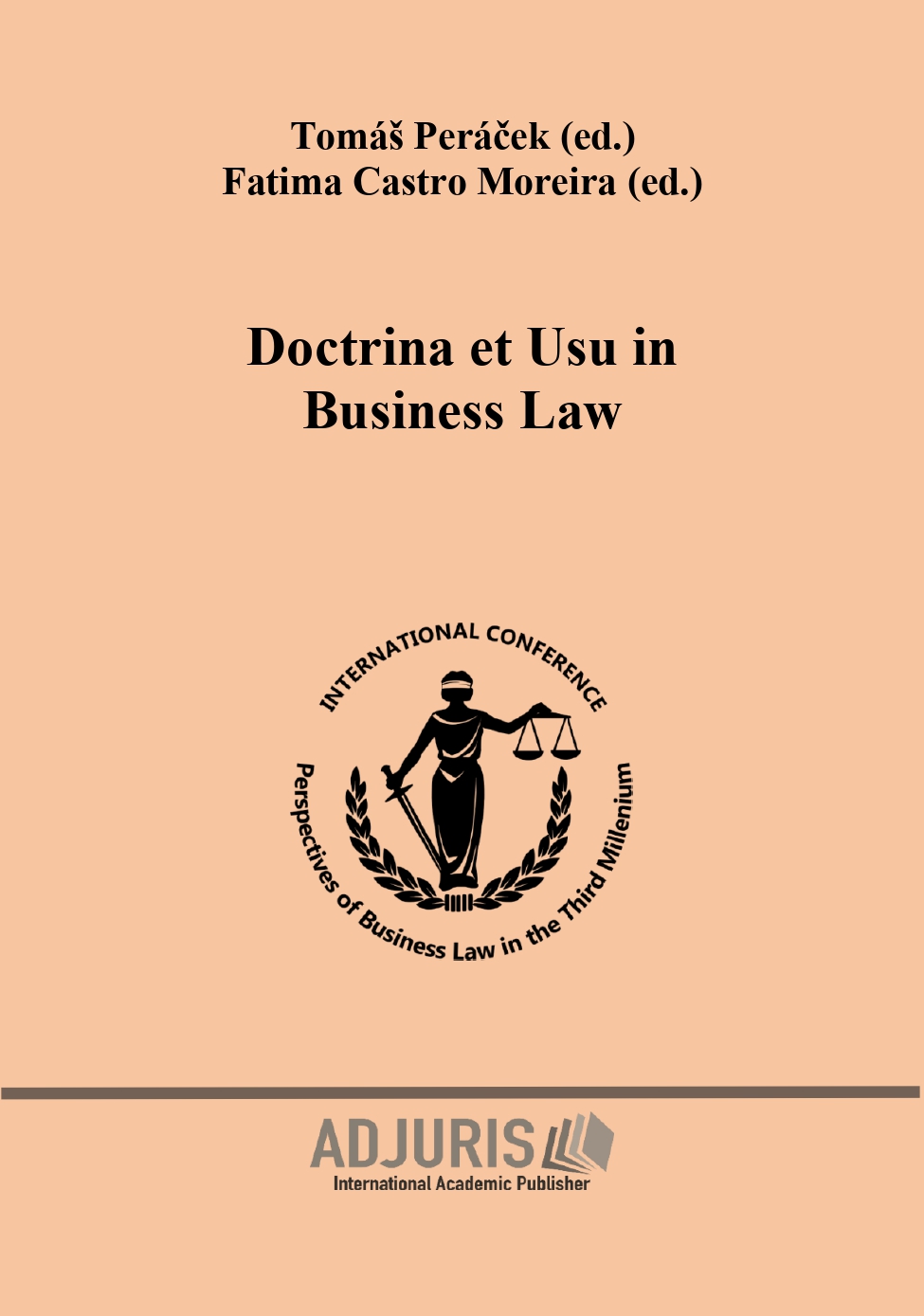Tax Consolidation in the Direct Corporate Tax System
Tax Consolidation in the Direct Corporate Tax System
Author(s): Florentin-Gabriel Nanu
Subject(s): Politics / Political Sciences, Law, Constitution, Jurisprudence, Public Law, Law on Economics
Published by: Societatea de Stiinte Juridice si Administrative
Keywords: tax consolidation; consolidated tax result; tax group; corporate income tax; tax loss;
Summary/Abstract: The objectives of the study are to analyze the advantages and disadvantages of tax consolidation in the field of corporate income tax. It is also important to highlight the rationale for tax consolidation and the possible legislative improvements that are needed to achieve the aim pursued by the legislator. The main research tools were the legal provisions on tax consolidation, the literature analyzing and interpreting this field, and the identification of conclusions from the specific practice of taxpayers who have encountered problems, have asked the same questions or perhaps have found the answers necessary for this research. This mechanism provides both administrative and financial advantages for affiliated companies that must file a single group return, calculate taxable bases and taxable profits in a uniform way, avoiding both compliance costs and the risk of double taxation of the same taxable profit. However, the legislator has not succeeded by this regulation in removing the obligation for affiliated companies that are part of the consolidated tax group to draw up the transfer pricing file, which remains a financially burdensome obligation for affiliated companies. The implications of the study are both theoretical and practical. The topic aims to analyze a modern tax mechanism. On the other hand, group companies will be able to see the advantages of joining a consolidated tax group, which at first sight represents a tax "merger" of affiliated companies.
- Page Range: 114-128
- Page Count: 15
- Publication Year: 2023
- Language: English
- Content File-PDF

